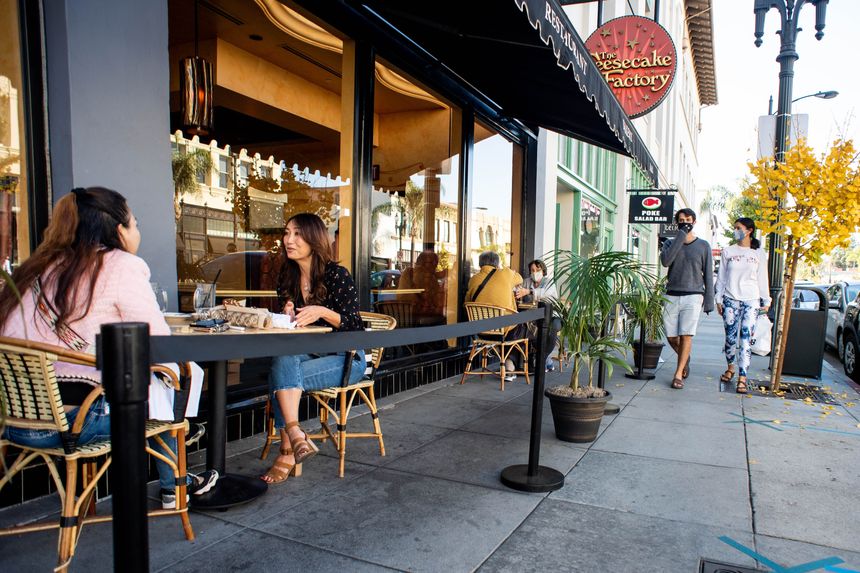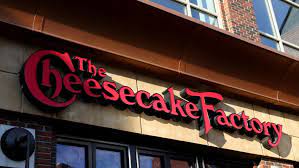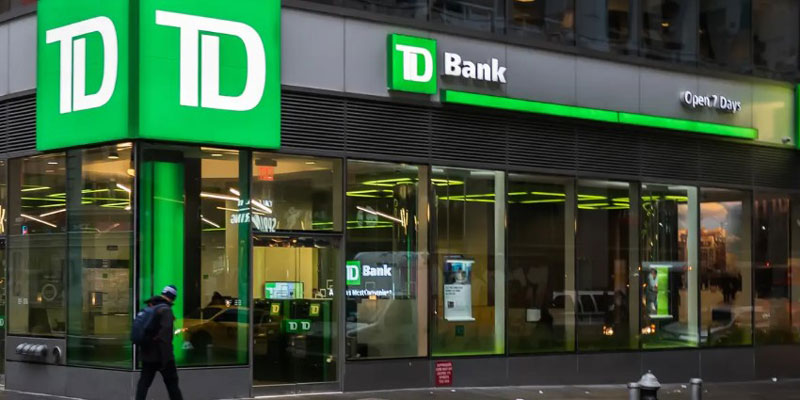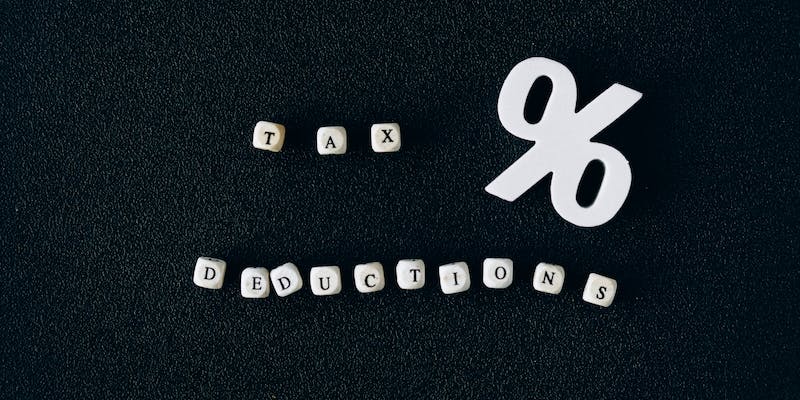The SEC has never before brought charges against a publicly traded corporation for publishing misleading financial statements concerning the impact of the COVID-19 outbreak on the firm's operations before the recent settlement with the restaurant chain. In a news release on the settlement, SEC Chairman Jay Clayton noted that it is "essential that issuers that make materially false or misleading statements about the pandemic's effect on their company and operations be held accountable." This message was that financial institutions must take precautions to ensure that their disclosure requirements create a clear image of their activities and financial health.
The Settlement Order Issued By The SEC
Cheesecake Factory performed many financial measures behind the scenes that suggested it was losing cash while simultaneously saying it was handling the pandemic's effect properly, according to the settlement order that was reached with the SEC. This information was revealed. These press releases suggested that the company's to-go and delivery operations might be sufficient to maintain the business. However, in either of its filings with the SEC, the restaurant company omitted to state that it was burning through $6 million in cash per week and that it only had enough cash to survive for 16 weeks.
The Financial Services Authority (SEC) announced a peace agreement with Cheesecake Factory Inc. on December 4, 2020. The SEC asserted that the company requires substantively misleading disclosure of information about just the risk that the COVID-19 global epidemic posed to the firm's management. The settlement was reached to resolve the SEC's allegations. The settlement has the possibilities to be significant because it may reflect a motion further than the run-of-the-mill fraud investigations that the SEC has continued to pursue against financial institutions in the months following the disease outbreak and toward an extra sophisticated understanding of whether issuers are trying to offer the public a full and fair evaluation of their economic condition. This could be significant because it may reflect a progression beyond the run-of-the-mill fraud investigations that the SEC has continued to pursue against financial institutions.
Settled Order
According to the negotiated agreement between the SEC and the Cheesecake Factory, the firm submitted a Form 8-K to the SEC on March 23, 2020, saying that it was revoking previously provided financial guidance owing to the economic circumstances of COVID-19. According to the 8-K filed on March 23, the firm was moving toward an "off-premise model" (also known as to-go and delivery), which "enabled the Company's restaurants to function sustainably at present under this existing model." The Cheesecake Factory submitted another Statement 8-K to the SEC on April 3, 2020, stating that "the restaurants are functioning sustainably under this [off-premise] strategy." The Cheesecake Factory was with the exception of expenses due primarily to business governance from its claim of sustainable development; that the organisation was, in fact, losing estimated $6 million in cash a week every week.

New Development
In the aftermath of COVID-19, the SEC has taken its enforcement of breaches of securities laws to a new level, as seen by the settlement reached with Cheesecake Factory. Particularly financial institutions are making inaccurate claims about developing COVID-19 tests and medical instruments or sales of personal protective devices. Specifically, this was the case when issuers made false statements about developing COVID-19 tests and medical equipment. In contrast, the settlement for The Cheesecake Factory required a more sophisticated investigation into how the firm described its business operations and financial health concerning the facts that were known to the company at the time the disclosures were made.
Even though the SEC may have largely decided that the available evidence did not rise to the level of embezzlement or negligence, it still felt it was necessary to send a warning to issuers that they need to take precautions to ensure that their disclosure of information creates a realistic assessment of their operations and monetary health. This message was that financial institutions must take precautions to ensure that their disclosure requirements create a clear image of their activities and financial health.

Disclosure cases typically necessitate gathering information from issuers to demonstrate what was probably known and what was not available at the time certain disclosures were made. Cases involving the Cheesecake Factory typically necessitate longer independent inquiry timeframes than other types of cases. As a result, we anticipate that the action involving Cheesecake Factory will not be the last of the disclosure-related suits resulting from the COVID-19 outbreak; rather, it will represent the beginning of this line of litigation.




